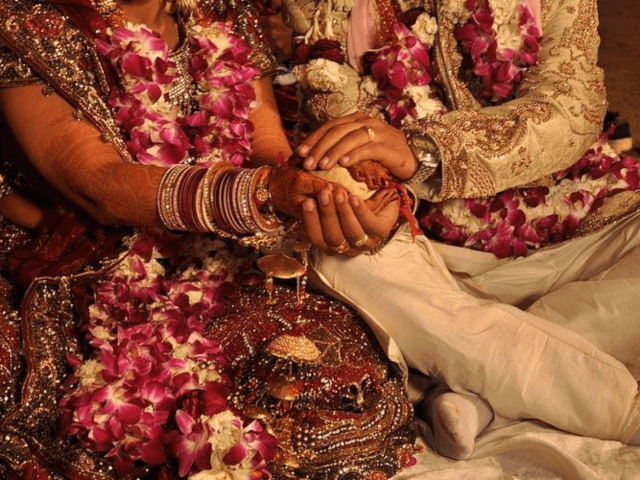Officials in the Indian state of Goa are considering legislation that would mandate couples take an HIV test before getting married, the region’s Health Minister Vishwajit Rane announced on Monday.
“We are considering making an HIV test compulsory for the prospective couples before registration of marriage in Goa. It is not mandatory right now,” Rane told reporters.
Rane, who also serves as the region’s Minister for Law, added that the Law Department is currently vetting the proposal before lawmakers formally introduce the ordinance as legislation during the Monsoon Session, which begins July 15th.
“If it is cleared by the Department soon, then we will table the law in the monsoon session of the state Legislative Assembly,” Rane said.
According to figures obtained by the Times of India, the state of Goa has registered a total of 17,122 cases of HIV since 1987 and there have been a reported 1,812 deaths up until February this year. The newspaper also found that sexual intercourse is the primary mode of transmission, applicable in between 83 percent to 96 percent of cases.
The health minister suggested that screening for thalassemia should also be made mandatory before couples marry, because “children born to parents suffering from thalassemia will not survive.”
“I am 100 percent in favor of making both tests mandatory before registering marriages,” he said, adding that the laws have a chance of passing because Goa is a “very progressive state.”
Similar legislation for mandatory HIV testing was proposed by the Goa’s former Health Minister Dayanand Narvekar in 2016, although ultimately it failed to come to fruition.
According to the international HIV and AIDS charity Avert, India as a country has the third largest HIV epidemic in the world, being home to around 2.1 million people living with the disease.
“India’s epidemic is concentrated among key affected populations including sex workers and men who have sex with men,” the charity’s website explains. “The National AIDS Control Programme, however, has made particular efforts to reach these two high-risk groups with HIV interventions.”
The charity also claims that India has made “good progress” compared to its neighboring countries, reducing HIV infections since 2001. However, they note that “despite free antiretroviral treatment being available, uptake remains low as many people face difficulty in accessing clinics.”
Follow Ben Kew on Facebook, Twitter at @ben_kew, or email him at bkew@breitbart.com.

COMMENTS
Please let us know if you're having issues with commenting.